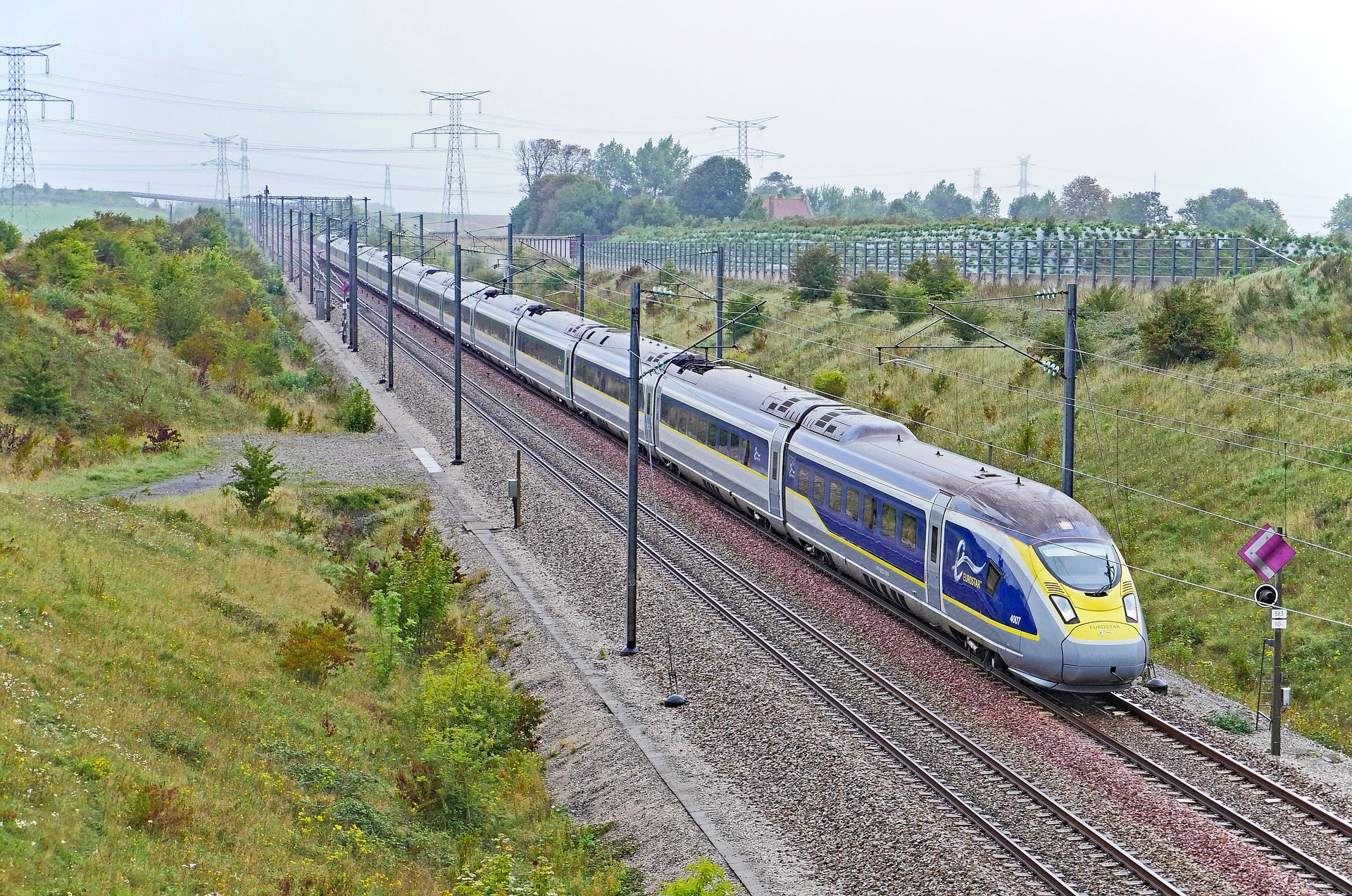
GetLink, the company formally known as Eurotunnel, has announced today that it is ready for Brexit, regardless of whether a deal is agreed by the respective governments.
The Channel Tunnel operator said in a statement it has worked with the French and UK governments to ensure its customers will have the “fastest and simplest route” across the Channel once Britain leaves the EU on 31 October.
“Following the visit by the two French and British ministers, Michael Gove and Gerald Darmanin, Eurotunnel is ready for Brexit no matter the outcome on 31 October,” the company said.
It added that the 22 million annual passengers who use Shuttle and Eurostar services between the UK and France will see “no change to the immigration formalities” they currently pass through. Both the terminals have passport control operations in place, which GetLink assured will remain exactly the same.
As for the 5,000 trucks which use the channel every day, the company said it will introduce pit stops for customs controls, as well as construct larger parking areas in Folkestone and Coquelles to ease expected increased congestion. Those cleared to cross the tunnel will travel along a designated green route, while officials can direct non-cleared trucks down an orange route for further checks.
As far as the rail service is concerned, the director of public affairs at Getlink, John Keefe, said that “it shouldn’t really affect it at all as most of the goods carried on the rail service are a single product per train.
“It’s loaded at one point, crosses the border and unloaded at one depot so it’s a very simple transaction to follow. The rail freight is considered very secure because the trains don’t stop on their journey: it’s very difficult to unload a heavy load from a railway freight train because most of the time, they’re passing through a countryside and you would need heavy lifting equipment to get the product off.”
Around £130bn worth of goods are transported through the Channel Tunnel each year, which equals 26% of the current UK-EU trade, and Keefe added that the Eurotunnel is quite “confident our traffic will continue to flow as it does”.
“We’ve had to prepare for the worst-case scenario. We have built infrastructure, technology and recruited staff to be able to cope with the worst outcome which would be additional control at the border to ensure that we keep the traffic flowing even in a no-deal scenario,” Keefe added.
For instance, Eurotunnel is upgrading the technology that’s being used to scan trains. “We are in the final stages of testing a full train scanner which will enable the customs authority to detect whether there are any smuggled content.
“They’ll scan the train as it moves through at 10 or 20kms an hour and will compare the pre-declaration on the customs document to what they see on the scanner and they’ll know if there is a reason to stop the train,” he explained.
Eurotunnel is hardly alone in being bullish about its operations in case of a no-deal Brexit scenario. Eurostar, for example, said services will not be affected by the outcome of negotiations between the UK and the EU.
A spokesperson from Eurostar said: “At this point, we expect to maintain services on the existing basis and timetable following Brexit. We have made arrangements to ensure that within the Eurostar group, the necessary operating license, safety certification and driver registration are in place with the relevant EU regulators to ensure we can continue to operate even in the face of a no-deal.”
However, not all seem to agree. Member of Parliament for Cambridge and member of the Transport Select Committee, Daniel Zeichner said: “Eurotunnel may say they are ready, but the view from the haulage sector is much less complacent. There is considerable uncertainty about the paperwork needed and the potential delay that this might cause, and small businesses in particular are likely to struggle.
“The Transport Select Committee were briefed before the March deadline and we were getting the same mixed messages – six months later not much has changed. The truth is that nobody knows for sure, and in a no-deal situation with considerable legal uncertainty, it is hard to imagine that there will not be problems.”



